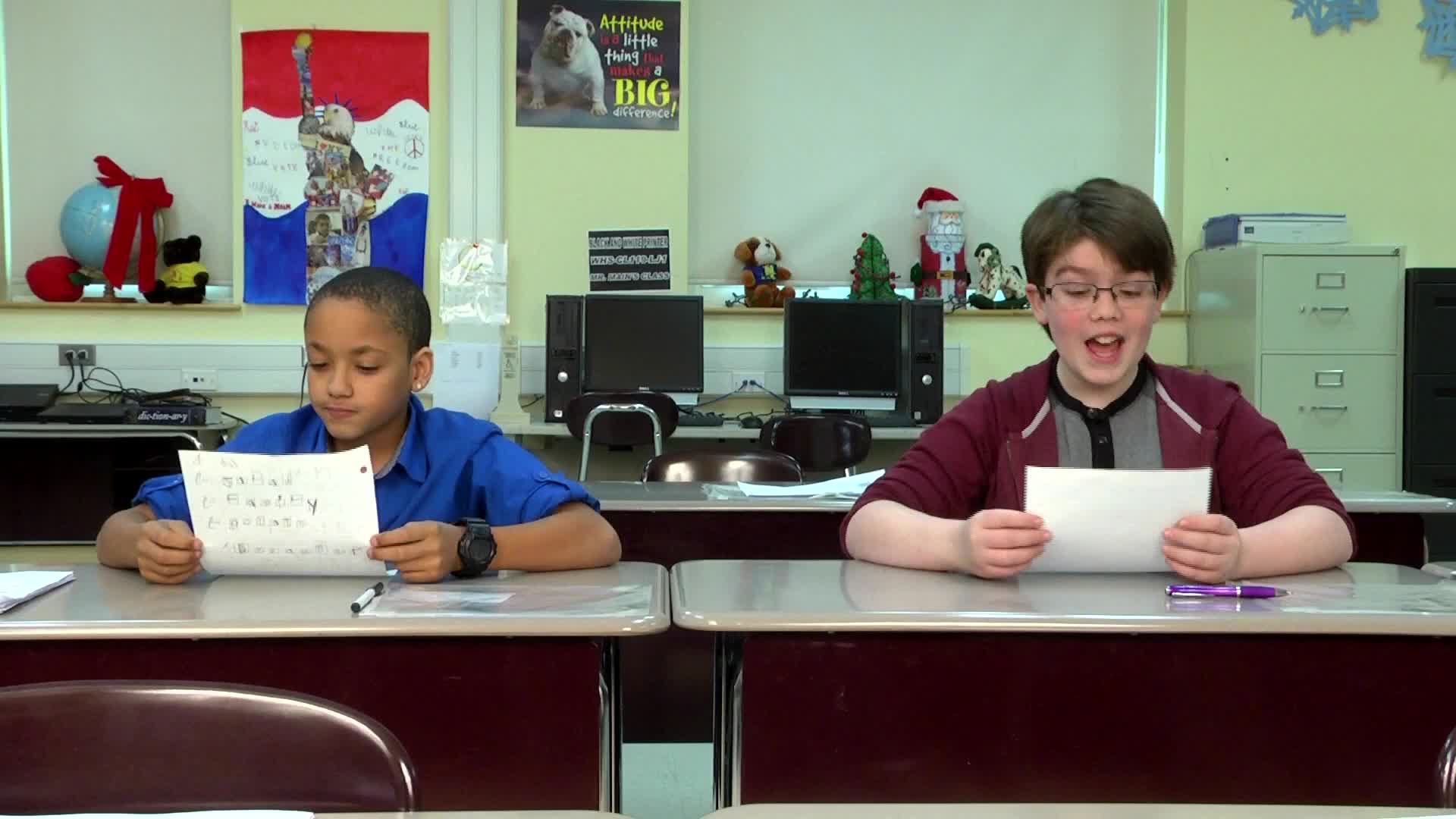
Introduction
Apologizing is a crucial social skill that students need to develop in order to foster positive relationships with their peers and adults. Knowing when and how to apologize sincerely can help students navigate social situations, resolve conflicts, and express empathy towards others. In this blog post, we will discuss a no-prep activity to teach students about apologizing, followed by discussion questions and related social-emotional learning skills.
No-Prep Activity
This activity requires no preparation or materials from the educator and will help students practice apologizing in various scenarios. Start by dividing the students into pairs. Each pair will take turns acting out a brief scene where one person accidentally does something that could hurt or offend the other person (e.g., bumping into them, accidentally taking their pencil, or interrupting their conversation). The person who causes the issue should then practice delivering a sincere apology, paying attention to their tone of voice, facial expressions, and body language. The other student should provide feedback on the apology and suggest any improvements if needed. After each pair has practiced a few scenarios, bring the class together for a group discussion.
Discussion Questions
- Why is it important to apologize when you have hurt or offended someone?
- What are some key elements of a sincere apology? How can you tell when someone is genuinely sorry?
- How does apologizing affect the person who is apologizing and the person receiving the apology?
- Can you think of a time when you apologized to someone and it helped resolve a conflict or improve a relationship? What did you learn from that experience?
- How can we continue to practice and improve our apologizing skills in our daily lives?
Related Skills
Apologizing is just one aspect of social-emotional learning. There are other related skills that students should develop to foster healthy relationships and navigate social situations effectively. Some of these include:
- Empathy: Understanding and sharing the feelings of others, which is crucial for delivering sincere apologies.
- Active listening: Paying full attention to the speaker, which can help students understand when an apology is needed and how to address the situation.
- Conflict resolution: Identifying and addressing disagreements in a constructive manner, which often involves apologizing and finding a solution.
- Self-awareness: Recognizing one’s own emotions and actions, which can help students identify when they need to apologize and how to do so effectively.
Next Steps
Teaching students the art of apologizing is essential for their social-emotional growth and the development of positive relationships. To further support your students in developing this and other crucial social skills, we encourage you to sign up for free samples of our resources at Everyday Speech. By incorporating these materials into your lessons, you can help students build a strong foundation in social-emotional learning that will serve them well throughout their lives.





